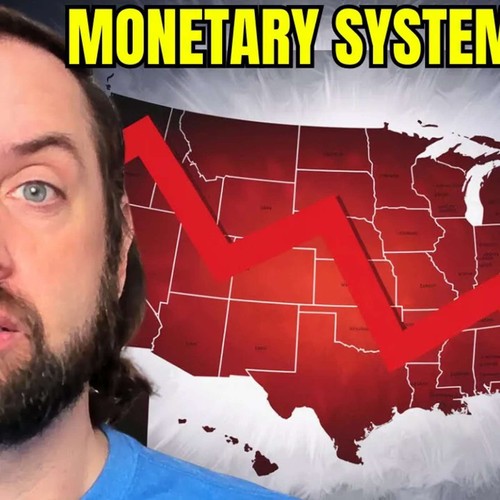
 Eurodollar University
Eurodollar University Everything You’ve Been Told About the Great Depression Is Wrong
10 snips
May 18, 2025 The podcast explores the commonly held beliefs about the Great Depression, revealing misconceptions about the 1929 stock market crash. It questions why more recent crashes like those in 1987 and during the dot-com bubble didn’t trigger similar economic disasters. The discussion delves into the role of the Federal Reserve and systemic risks, illustrating how misunderstood banking failures have shaped modern economies. Insights are offered to help listeners better understand the complex world of economics and the lessons learned from historical crises.
AI Snips
Chapters
Transcript
Episode notes
Stocks Sparked Monetary Crisis
- The 1929 stock market crash triggered the Great Depression by disrupting the short-term money markets, using stocks as collateral.
- Stocks were integral to money circulation then, unlike today where they are only savings assets.
Correspondent Banking Drives Payments
- The correspondent banking system created a hierarchy where small banks deposited cash upward through bigger banks.
- This formed a national payment network essential for money flow before electronic systems existed.
Call Market Relied on Stock Collateral
- The call money market used stocks as collateral for short-term loans, offering liquidity and decent returns.
- This system depended on ever-rising stock prices, making the collateral appear safe and sound.
